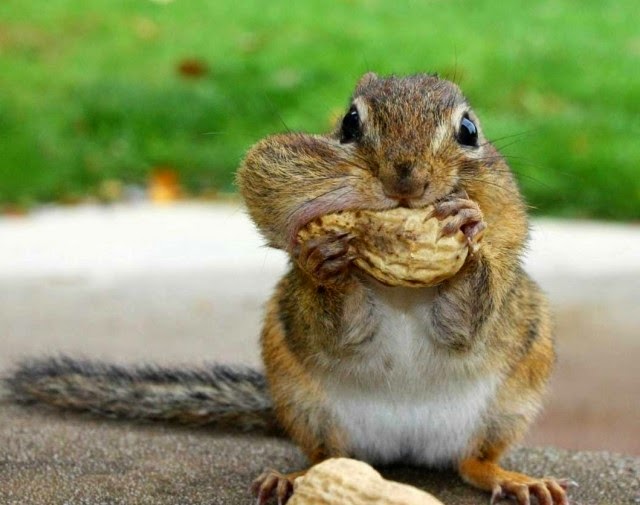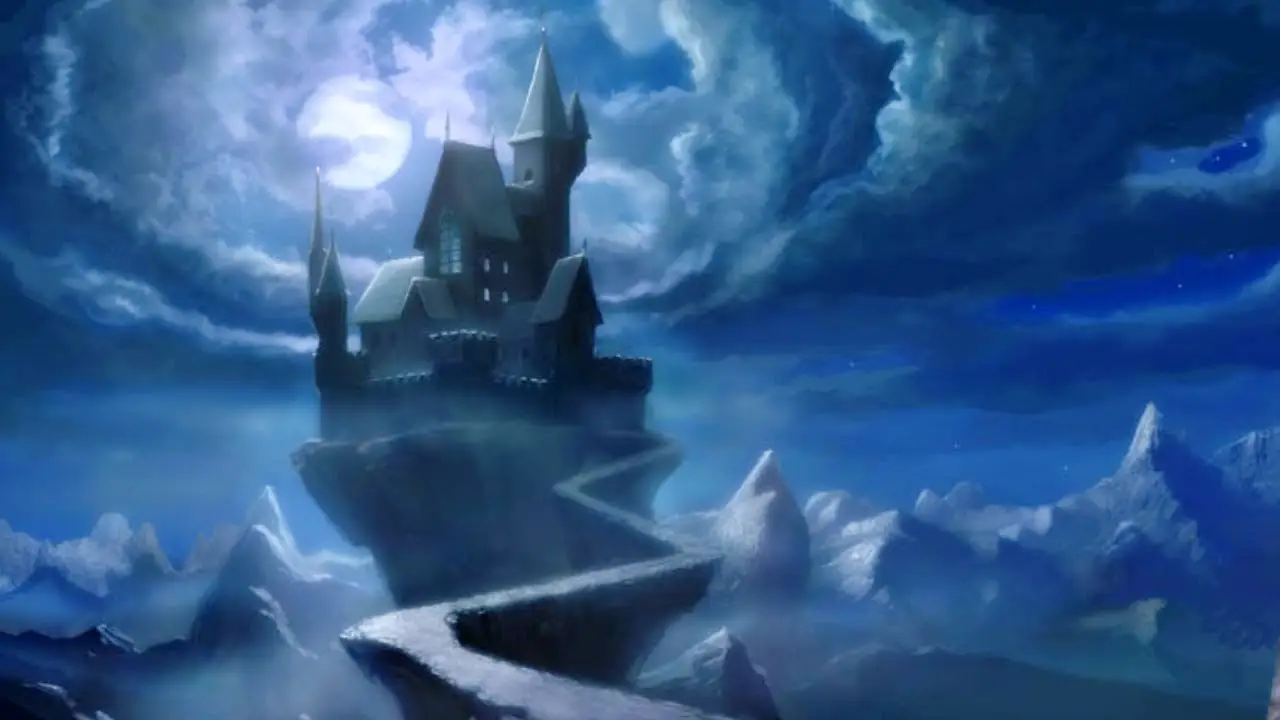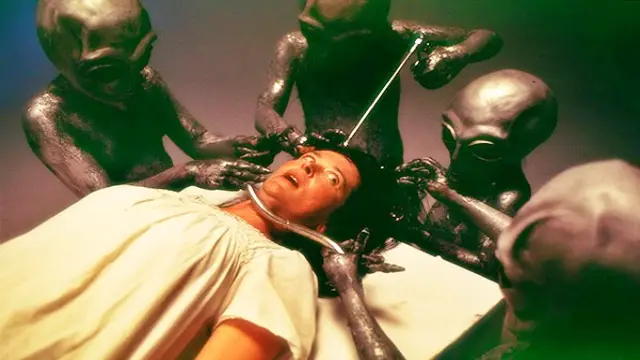nPostednon January 21, 2015
n
n
n
n
n
nTheynscamper and skitter.
n
nTheynpatter and squeak.
n
nTheynput their little paws around acorns and nuts and bring them up tontheir little mouths and nibble-nibble-gnaw.
n
n
n
n
n
nTheyneat until their cheeks bulge.
n
n
n
n
n
n
nAndnsometimes they stop their nibbling and scampering—freeze!—andnstare at you.
n
n
n
n
n ComediannEddie Izzard thinks that their stop-freeze-stare thing is like theynare thinking, “Wait! Did I leave the gas on?”
ComediannEddie Izzard thinks that their stop-freeze-stare thing is like theynare thinking, “Wait! Did I leave the gas on?”
 ComediannEddie Izzard thinks that their stop-freeze-stare thing is like theynare thinking, “Wait! Did I leave the gas on?”
ComediannEddie Izzard thinks that their stop-freeze-stare thing is like theynare thinking, “Wait! Did I leave the gas on?”n
n
n
nAndnthen of course, they realize that, no, they did not leave the gas on…because they are SQUIRRELS!
n
n
n
nSquirrelsnare some of the most visible rodents in many people’s lives. Variousnkinds of squirrels live in mountains and deserts, prairies to cities.nMany of them live in trees, and some live underground. We humans cannoften see them right where we live—in our backyards and city parks.
n
n
n
nHerenare some of the reasons that many people do NOT appreciate squirrels:
n
n
n
- n
-
nTheyn have teeth that always need to be sharpened, so squirrels gnaw onn lots of things. Sometimes things that are important to humans. Forn example, several times the NASDAQ market has been shut down byn squirrels—who chewed through power lines!
n
n
n
- n
-
n

n
In general, feeding squirrels by hand is
NOT a good idea. Squirrels’
teeth and claws are very sharp, and they
are wild animals, unpredictable, and
often carriers of disease.n
n
nSometimesn squirrels carry diseases. You know, like the Bubonic plague!n
n
n
- n
-
nSquirrelsn sometimes get into people’s attics, garages, bird feeders and birdn houses. We are talking about eating things we don’t want them ton eat, chewing on things we don’t want them to chew on, and leavingn messes everywhere!
n
n
n
n
n
nButnholiday creator and wildlife rehabilitator Christy Hargrove wants usnto appreciate squirrels despite all these things. After all, they arenwild animals who are just trying to find enough food to eat and tonfeed their families. Also, squirrels are like humans in that theyn(and we) are very opportunistic. That means that they adapt tonwhatever is happening in their environment, and if one food sourcengoes missing, they take every opportunity they can spot to get a newnfood source.
n
n
n
nHerenare some interesting facts about squirrels:
n
- n
-
nSquirrelsn have four teeth that grow all of their lives. Get this—luckily,n those teeth are ground down by gnawing on hard things like acorns,n because their teeth grow an astounding SIX INCHES per year!
n
n
n
- n
-
n
 Then smallest squirrel in the world (the African pygmy squirrel) is justn five inches long from nose to tail, and the largest (the Indiann giant squirrel) is about three feet long! (In metric terms, that isn from 13 cm to about 1 meter.)
Then smallest squirrel in the world (the African pygmy squirrel) is justn five inches long from nose to tail, and the largest (the Indiann giant squirrel) is about three feet long! (In metric terms, that isn from 13 cm to about 1 meter.)n
n
n
n
n
n
n
- n
-
n
 Squirreln tails are great for keeping balance, keeping warm, providing sheltern from sun or rain, communicating with other squirrels, and evenn acting as a parachute to slow down and then providing a bit of an cushion during the occasional fall.
Squirreln tails are great for keeping balance, keeping warm, providing sheltern from sun or rain, communicating with other squirrels, and evenn acting as a parachute to slow down and then providing a bit of an cushion during the occasional fall.n
n
n
n
n
nWatchnsquirrels today. Throw out some seeds or corn for the squirrels.nLearn more about squirrels at Twiggle Magazine (for youngernkids), National Geographic Kids (for older kids),nor elsewhere…
n
n
n
nAlsonon this date:
n
n
n
n
nMidwife’s Day in Bulgaria
n
n
n
n
n
n
n
n
n
n
n
n
n
n
n
n
n
n
n
n
n
n
n
n
nAnniversarynof the introduction of the smallpox vaccine
n
n
n
n
n
n
n
n
n
n
n
n
n
n
n
nAnniversarynof one of the first female doctors, Sophia Jex-Blake
nAnniversarynof one of the first female doctors, Sophia Jex-Blake
n
n
n
n
n
n
n
n
n
n
n
nPlannahead:
n
n
n
nChecknout my Pinterest pages on:
n
- n
-
nJanuaryn holidays
n
-
nJanuaryn birthdays
n
-
nHistoricaln anniversaries in January
n
n
n
n
n
nAndnhere are my Pinterest boards for:
n
- n
-
nFebruaryn holidays
n
-
nFebruaryn birthdays
n
-
n
n
n
n
n
























